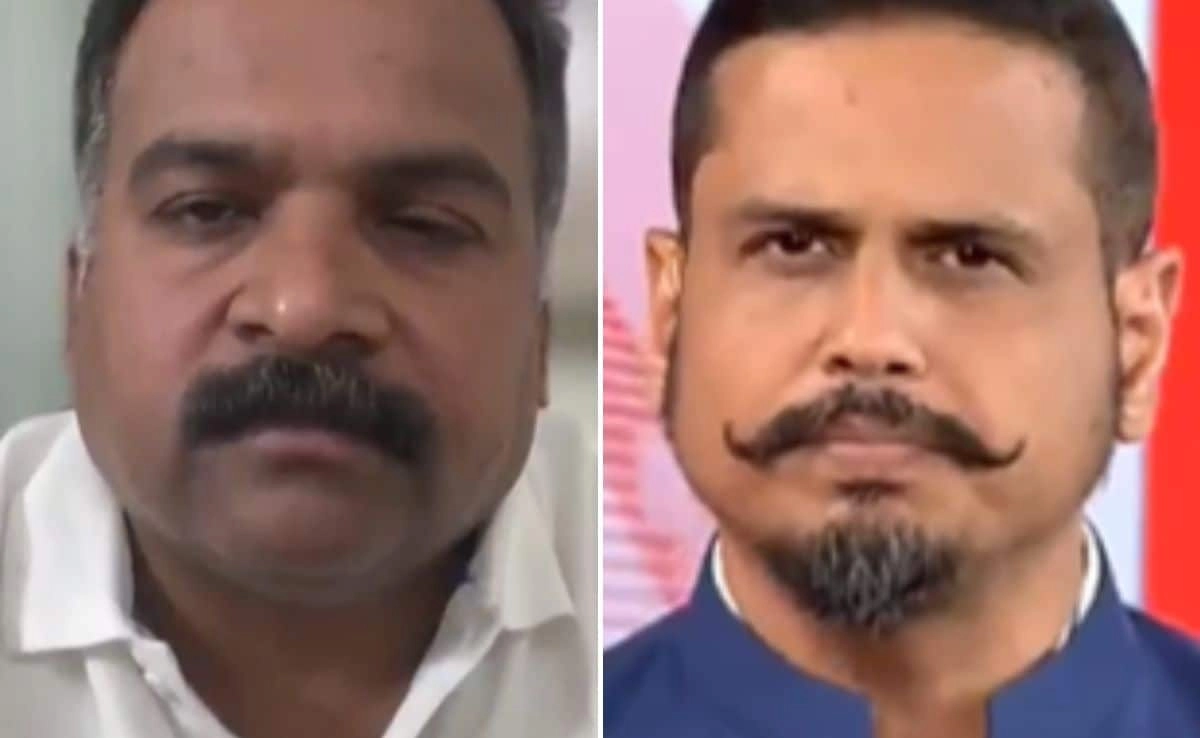In a recent political discourse, a Member of Parliament (MP) has raised concerns regarding the comments made by judges in a court case involving prominent political figure Rahul Gandhi. The MP’s remarks highlight a growing apprehension about the potential implications of judicial commentary on political loyalty and impartiality. This situation underscores the intricate relationship between the judiciary and the political landscape in India, where each branch must maintain its independence while navigating the complexities of governance and public perception.
The MP contends that the judicial remarks could inadvertently influence public opinion and the political narrative surrounding Gandhi. Such comments, they argue, may lead to questions about the judges’ objectivity and their allegiance to the principle of justice. In a democratic society, the judiciary is expected to act as an impartial arbiter, and any perceived bias could undermine public trust in legal institutions. The MP’s comments serve as a reminder of the delicate balance that must be struck between the judiciary’s role in adjudicating legal matters and the potential ramifications of its public pronouncements.
This situation has sparked a broader debate about the role of the judiciary in political matters and the extent to which judicial comments can impact political figures. Critics of the current judicial interventions argue that it is crucial for judges to refrain from making statements that could be construed as politically motivated. They emphasize that the judiciary should operate free from external pressures and influences to preserve its integrity. As the political landscape continues to evolve, the relationship between the judiciary and political entities will undoubtedly remain a focal point of discussion, necessitating ongoing scrutiny and dialogue.
Ultimately, the MP’s counter to the court remarks serves as a clarion call for safeguarding the sanctity of judicial processes. It is essential for the judiciary to maintain its independence and avoid any actions that might be interpreted as compromising its neutrality. As public figures navigate the complexities of law and politics, the need for clear boundaries between these spheres becomes increasingly critical to uphold democratic values and ensure fairness in governance.




